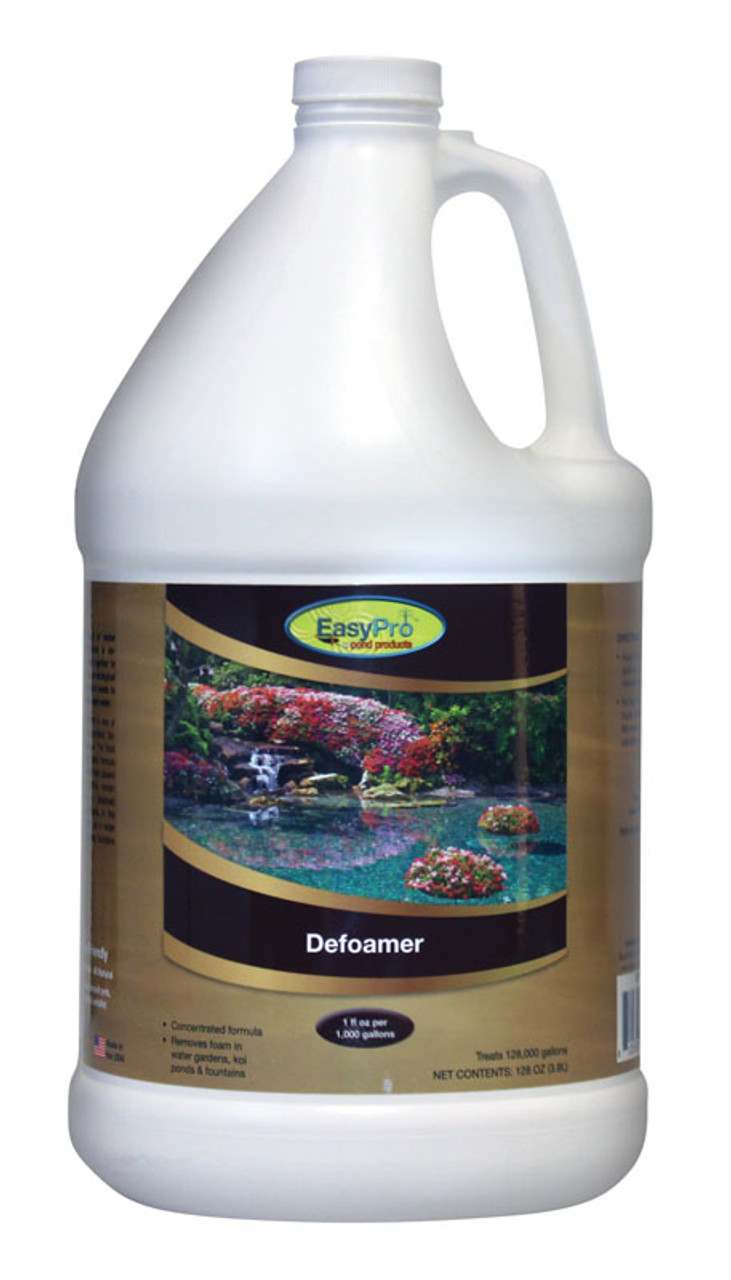Discover the Environmental Impact of Defoamers in Industrial Applications
Discover the Environmental Impact of Defoamers in Industrial Applications
Blog Article
The Role of Defoamers in Enhancing Item High Quality and Performance
In different making processes, the existence of foam can considerably impede item high quality and operational performance. Defoamers offer as important ingredients that minimize this problem, ensuring smoother manufacturing process while enhancing the useful and visual characteristics of the end products (defoamers). Their application spans a wide range of markets, from food and beverage to pharmaceuticals, where consistency and reliability are critical. The choice of the ideal defoamer can be vital to attaining ideal results, elevating essential questions regarding solution compatibility and efficiency metrics that merit further exploration.
Understanding Defoamers
Recognizing the duty of defoamers is important for keeping item quality throughout various industries. Defoamers are chemical ingredients developed to protect against the formation and decrease of foam in fluid systems, which can detrimentally impact processes such as blending, loading, and surface stress. Lathering can lead to inefficiencies, item issues, and compromised aesthetic charm, making defoamers a crucial part in making operations.
In commercial applications, defoamers assist to improve product uniformity and stability. For example, in the paint and coverings market, foam can disrupt the application process and the last coating. In a similar way, in food and beverage manufacturing, extreme foam can hinder bottling and packaging effectiveness (defoamers). The efficient usage of defoamers not just makes sure smoother production processes however likewise adds to superior item efficiency.
Moreover, the option and formula of a defoamer must align with details application requirements, such as compatibility with various other ingredients, effectiveness under differing temperature level and pH conditions, and possible governing restraints. Eventually, understanding defoamers' features and their significance in numerous solutions is crucial for enhancing production and making sure the best quality end products.
Sorts Of Defoamers
Defoamers can be categorized right into a number of kinds based upon their make-up and mechanism of activity. The key kinds include silicone-based, non-silicone natural, and inorganic defoamers.
Silicone-based defoamers are among the most reliable, mostly due to their capacity to spread promptly on the liquid surface area and disrupt foam formation. Their unique chemical structure allows for exceptional security, making them ideal for high-temperature applications and atmospheres with differing pH degrees.
Non-silicone organic defoamers, commonly composed of all-natural oils or fatty acids, are valued for their biodegradability and reduced poisoning. These are commonly used in food and beverage applications where safety and security and environmental impact are extremely important.
Inorganic defoamers, that include materials like talc or calcium carbonate, act by increasing the thickness of the fluid, therefore decreasing foam stability. They are frequently utilized in industrial procedures where compatibility with various other materials is not a concern.
Each sort of defoamer has distinct advantages and constraints, allowing for tailored remedies depending on the specific lathering concerns come across in numerous applications. Understanding these distinctions is vital for enhancing performance and achieving desired item quality.
Applications Throughout Industries
Countless markets utilize defoamers to enhance item quality and operational performance. In the food and drink market, defoamers are critical in procedures such as developing and milk manufacturing to avoid foam development, which can cause inefficiencies and product incongruity. By controlling foam, manufacturers can guarantee better yield and a much this hyperlink more consistent product.
In the pharmaceutical market, defoamers play a vital duty in the formula of fluid medicines, where extreme foam can impede mixing and exact dosing. Their use assists maintain the integrity of the formulas and promotes smoother manufacturing procedures.
The paint and coatings sector likewise depends on defoamers to boost the performance of products throughout application. By minimizing foam, these additives ensure a smoother finish and boost the visual qualities of the end product.

Benefits of Making Use Of Defoamers
While the application of defoamers differs throughout industries, their benefits continually enhance item quality and process effectiveness. One substantial advantage is the decrease of foam development throughout manufacturing procedures, which can or else result in production delays and incongruities in product high quality. By reducing foam, defoamers enable a smoother circulation of materials, helping with a lot more efficient procedures and minimizing the likelihood of tools malfunctions.
Furthermore, the use of defoamers can boost the look and appearance of end products. In sectors such as coverings, paints, and food processing, too much foam can compromise the aesthetic aesthetics and overall top quality, while the suitable defoamer application makes sure an uniform coating and desirable characteristics. Defoamers can contribute to cost savings by lowering waste during manufacturing and maximizing the use of raw products.

Choosing the Right Defoamer
Choosing the right defoamer is critical for optimizing manufacturing processes and guaranteeing item top quality. The option of defoamer affects not only the performance of foam control but likewise the general performance features of the end product. Factors to think about consist of the sort of application, the chemistry of the formula, and the ecological conditions under which the product will certainly be used.
Different industries may require particular defoamer types, such as silicone-based, natural, or polymeric defoamers. Understanding the compatibility of the defoamer with the key active ingredients is necessary to prevent adverse reactions that can compromise product integrity. Additionally, the defoamer's efficiency in various temperatures and pH levels should be evaluated to ensure regular performance.
Testing the defoamer in small applications can give important insights right into its performance and suitability. Consideration of regulative compliance, particularly in food, drugs, and cosmetics, is paramount in selecting a defoamer. Inevitably, a detailed evaluation of these aspects will lead to the choice of a defoamer that not only regulates additional reading foam effectively yet likewise improves the top quality and performance of the last product.
Conclusion

In final thought, defoamers are crucial ingredients that substantially improve item top quality and efficiency throughout numerous markets. The strategic selection and application of defoamers lead to cost financial savings, enhanced resource use, and boosted consumer satisfaction.
Foaming can lead to ineffectiveness, item issues, and endangered visual appeal, making defoamers an essential element in making procedures.

Report this page